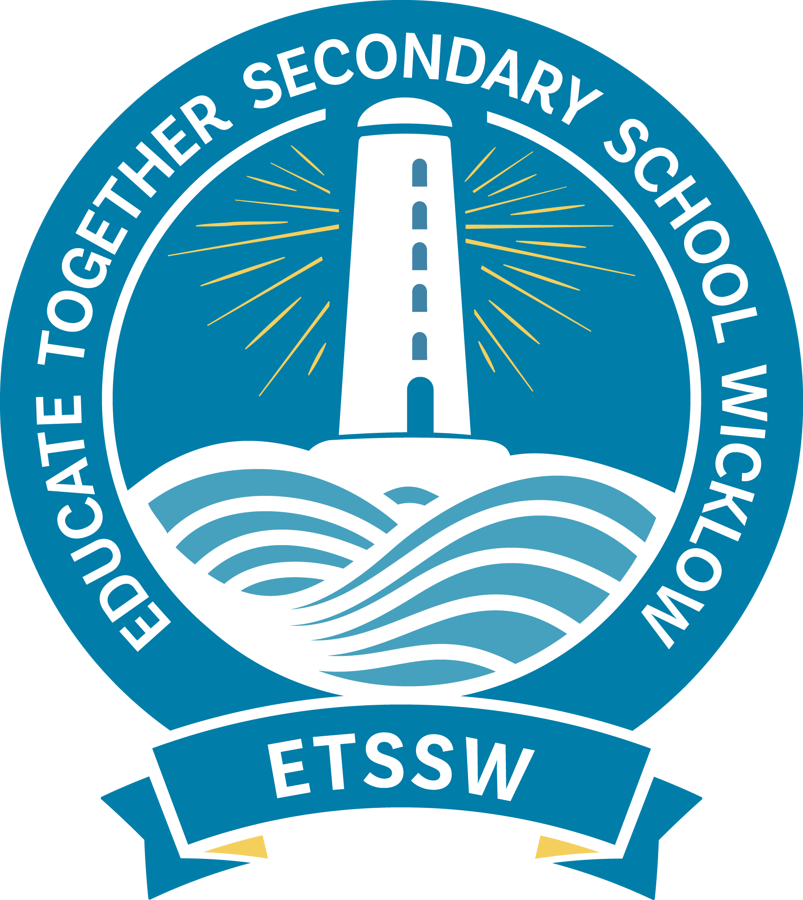SCHOOL SELF-EVALUATION (SSE)
In the Post-Primary School Self-Evaluation Guidelines 2016-2020, the
Department of Education and Skills defines School Self-Evaluation (SSE) as ‘a
collaborative, inclusive, reflective process of internal school review’, during
which school staff, under the direction of the board of management and the
patron and in consultation with parents and students, engage in reflective
enquiry on the work of the school. SSE is primarily about schools taking ownership
of their own development and improvement and is based on a six-step process:
1.
Identify focus
2. Gather evidence
3.
Analyse and make judgements
4. Improvement
plan
5. Put
improvement plan into action
6. Monitor actions and evaluate impact
SSE 2020-2021: ASSESSMENT
1. Focus
Staff identified the focus of assessment for our school self-evaluation (SSE) process for 2020-2021.
2. Gather evidence
Evidence was gathered through surveys for parents/guardians and students and through open discussion at a staff meeting.
3. Analyse and make judgements
4. Improvement plan
5. Put improvement plan into action
6. Monitor actions and evaluate impact
SSE 2019-2020: LITERACY & NUMERACY
1. Focus
Staff identified the focus of literacy and numeracy for our first ever school self-evaluation (SSE) process.
2. Gather evidence
Evidence was gathered through surveys for parents/guardians and students and through open discussion at a staff meeting.
3. Analyse and make judgements
Following this process, the Chairperson of the Advisory Board of Studies, Shauna, chaired a meeting where all the information was analysed and judgements were made in relation to the type of plan needed to improve literacy and numeracy across the curriculum in 2020-2021. An important consideration for staff was to look for practical ways that could be built into the fabric of school life so that the plan could serve into the long-term future.
4. Improvement plan
The following targets were set -
LITERACY:
- Broader Reading Experience - in every subject, teachers would select 2-3 interesting articles/web pages connected to their subjects to read during each term to encourage a broader reading experience across the curriculum;
- A 'Key Terms' booklet containing vocabulary specific to different subjects would be developed and introduced to students at the start of each year in order to improve access to the curriculum;
- Writing Bursts - all teachers to introduce writing 'stop and write' assignments twice per term - these can range from project/report writing to group writing assignments - they can be extended or short (e.g. twenty minute 'stop and write section' within a class plan);
- Time to edit - all teachers agreed that time would be allowed for students to edit written work before handing it in - a proof reading wheel would be developed and included in the journal for the next year to help with this process;
NUMERACY:
- Signage in the school to include distance measurements between rooms;
- Peer observation to include peer collaboration with maths teachers connecting with subjects such as science, business and home economics to show how the subjects work together in real life;
- Further promotion and development of 'Mathematics Week' as one of the key theme weeks during the year with an emphasis on the fun elements of mathematics e.g. daily Puzzles, Competitions and maths challenges;
5. Put improvement plan into action
The plan was launched in October 2020 and was promoted and coordinated throughout the year by Shauna, Chairperson of the Advisory Board of Studies;
6. Monitor actions and evaluate impact
The staff reviewed the actions and evaluated the impact of the plan at the staff meeting in May. In relation to the literacy plan, a 'Key Terms' booklet has been created (Amanda and Shauna). It is a comprehensive guide to specific words and phrases for core and option subjects. This will be made available to students in September and teachers will introduce the vocabulary as needed. A proof reading wheel has now been submitted for the journal to assist teachers in building in editing time before work is submitted. The three month closure after Christmas due to the Covid-19 pandemic meant the writing bursts and broader reading experiences were restricted, but the plan has succeeded in its goal of creating targets that can be easily worked into planning for the long-term future. The Advisory Board will raise awareness of the targets in the induction meetings at the start of each year. In relation to the numeracy plan, a similar goal has been achieved in establishing targets that will become part of the long-term approach to numeracy. The visual component of distance posters will need to be established again in the new temporary accommodation for 2021-2022 and the peer collaboration weeks and mathematics theme week will provide great platforms each year for showcasing
that mathematics can be fun and that it is connected to lots of other subjects in very practical ways.
 A New Approach to Education
A New Approach to Education